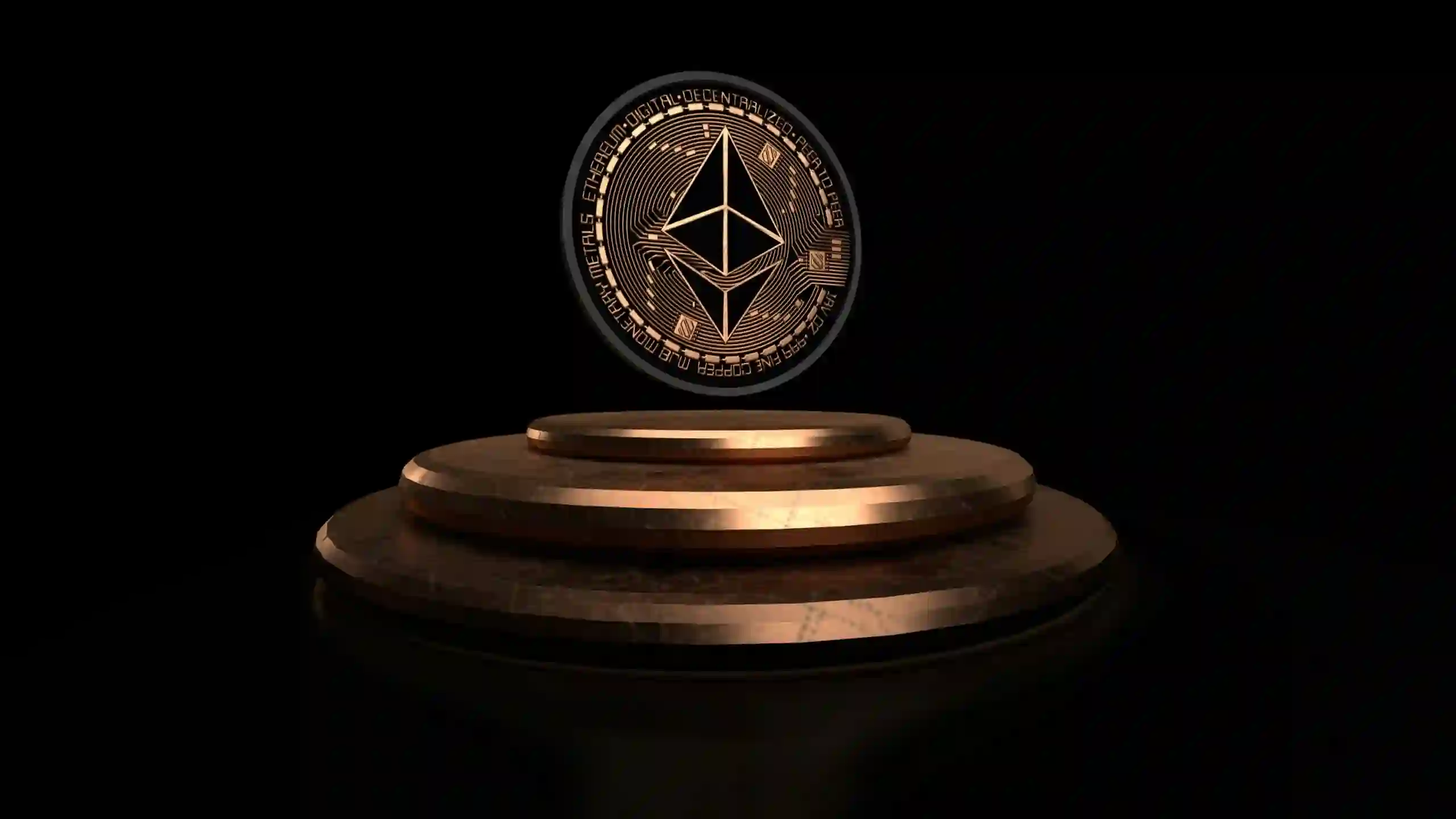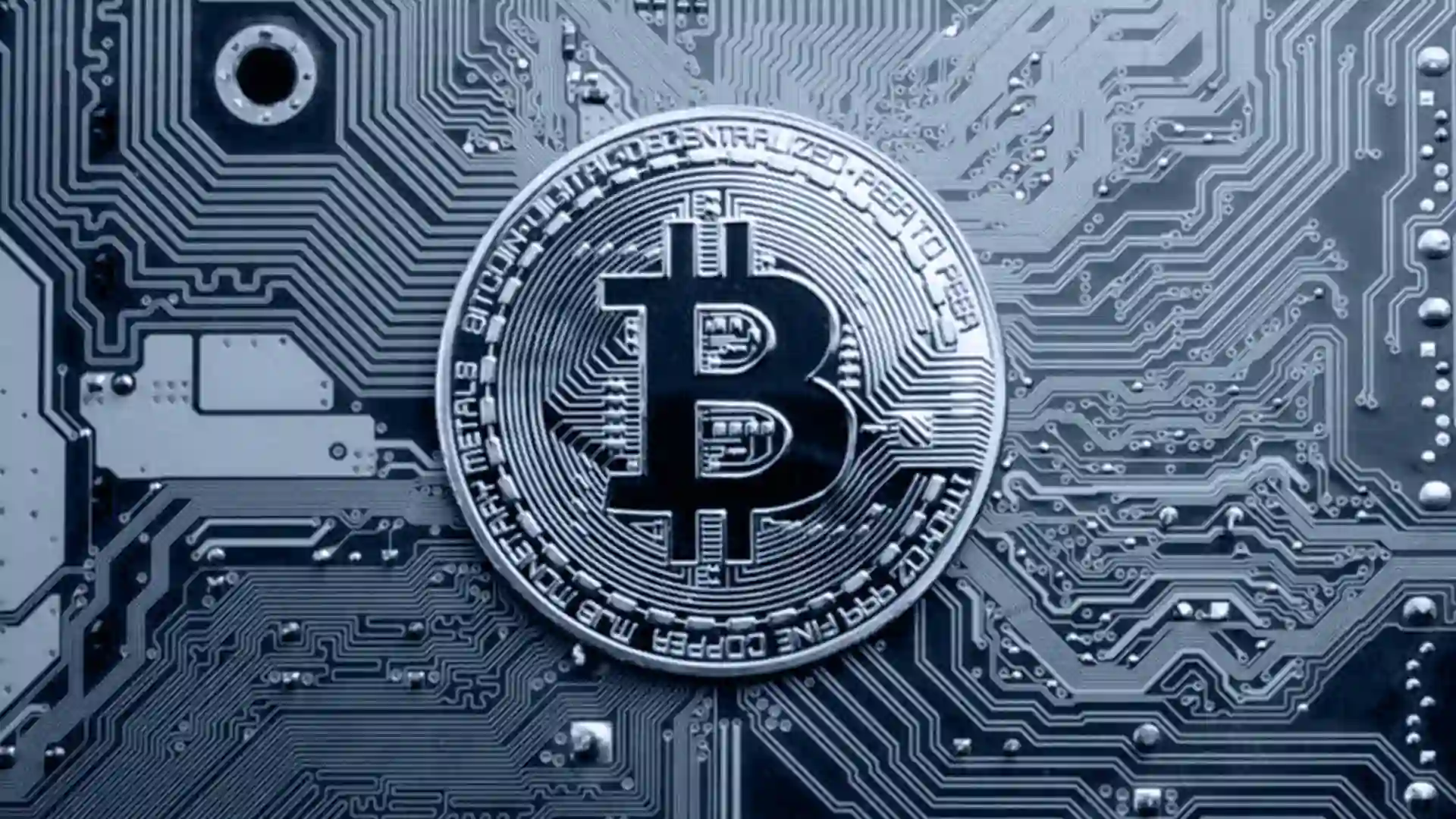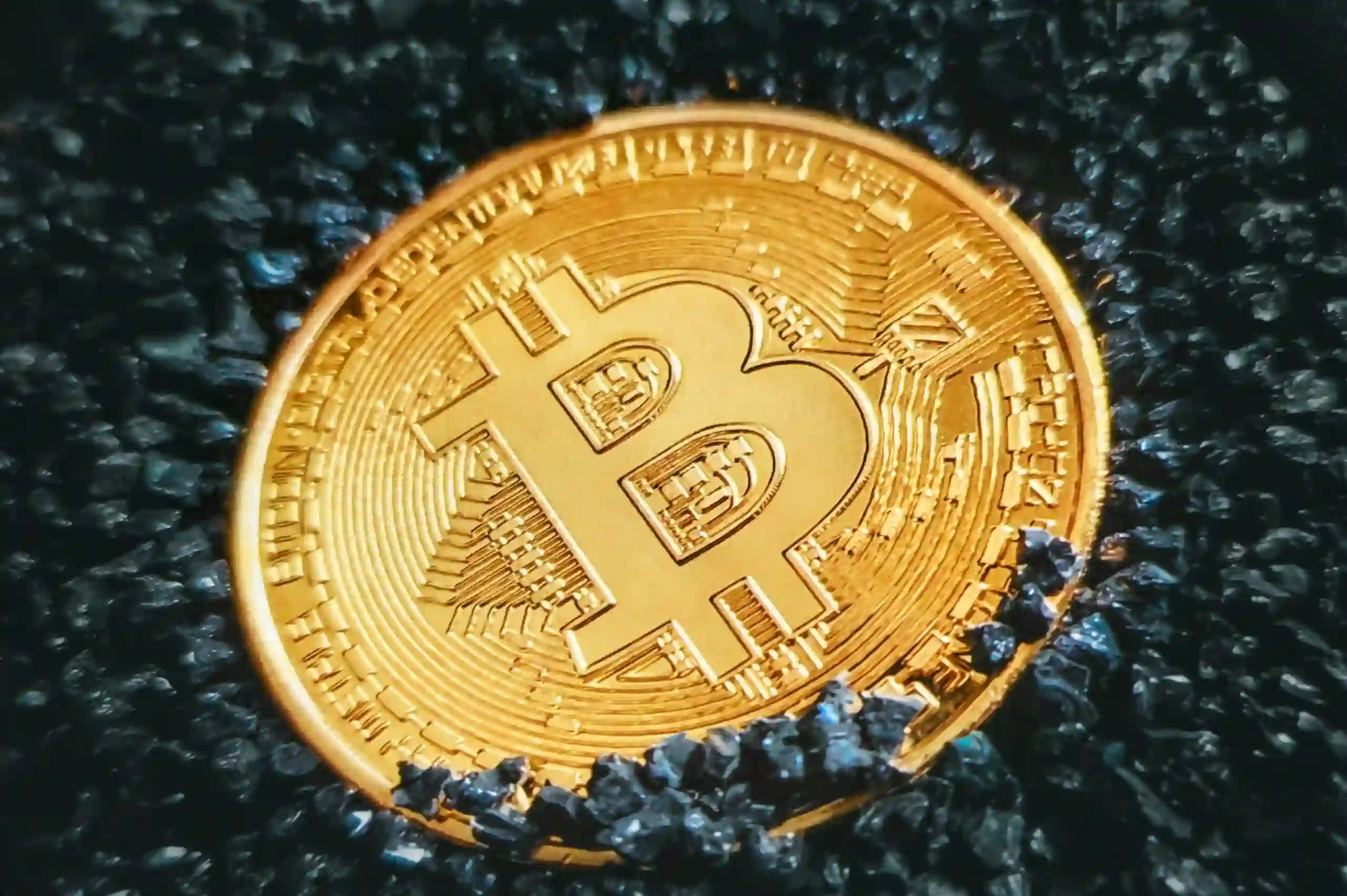Singapore’s DBS Bank is shaking up the investment world by issuing structured notes on the Ethereum public blockchain.
Traditionally reserved for ultra-wealthy clients, these products are now being opened up to a wider range of investors, thanks to blockchain technology.
Tokenization Makes Investing More Accessible
Structured notes have long carried a high entry bar—usually around $100,000—making them out of reach for many investors.
DBS is now breaking these notes into $1,000 units, making them easier to trade and more accessible to accredited and institutional investors who don’t want to commit huge sums upfront.
This tokenization move not only lowers the barrier to entry but also makes the notes more fungible, meaning investors can buy, sell, or trade smaller slices with greater flexibility.
Distribution Through Local Digital Exchanges
DBS is rolling out these tokenized notes via Singapore-based digital exchanges like ADDX, DigiFT, and HydraX.
By using familiar, regulated platforms, the bank is expanding access beyond its traditional private banking clients.
Family offices, professional investors, and other qualified participants can now take part in these products without the previous restrictions.
The first product on offer is a participation note linked to cryptocurrency markets.
It provides cash returns when digital asset prices rise and includes built-in safeguards to help limit losses if the market dips.
This hybrid structure has caught the eye of cautious investors looking for crypto exposure with some level of protection.
Strong Demand From Investors
Interest in structured notes is already running high.
In the first half of 2025, DBS clients traded over $1 billion worth of these products, with volumes jumping more than 50% from Q1 to Q2.
Singapore’s single-family office scene is also expanding, having surpassed 2,000 offices by 2024—a 40% increase from the previous year—and many of these offices have been active buyers of structured notes.
A Step Toward Singapore’s Tokenization Vision
DBS’s move aligns with Singapore’s broader push to make tokenized finance mainstream.
The Monetary Authority of Singapore has initiatives like Project Guardian, testing tokenization across bonds, currencies, and funds, while the Global Layer One project explores cross-border liquidity links.
While DBS has experimented with private blockchains in the past, this shift to Ethereum signals an openness to public networks where they make sense, opening up more transparent, flexible options for investors.
Editorial Integrity and Accuracy
This story has been compiled and reviewed to ensure accuracy and clarity.
The editorial team follows strict sourcing standards and relies on top technology experts and seasoned editors to deliver reliable, unbiased, and thoroughly researched financial news for readers.



